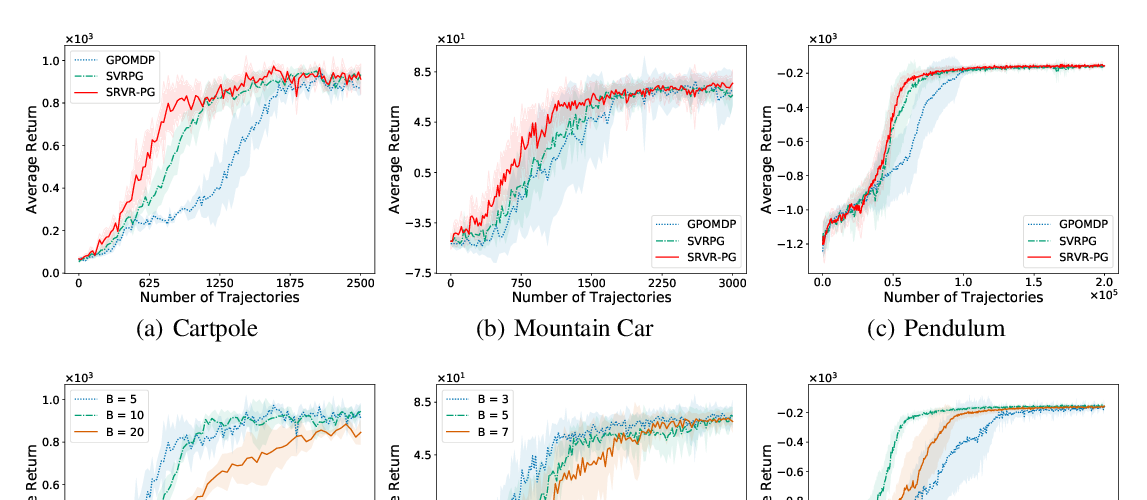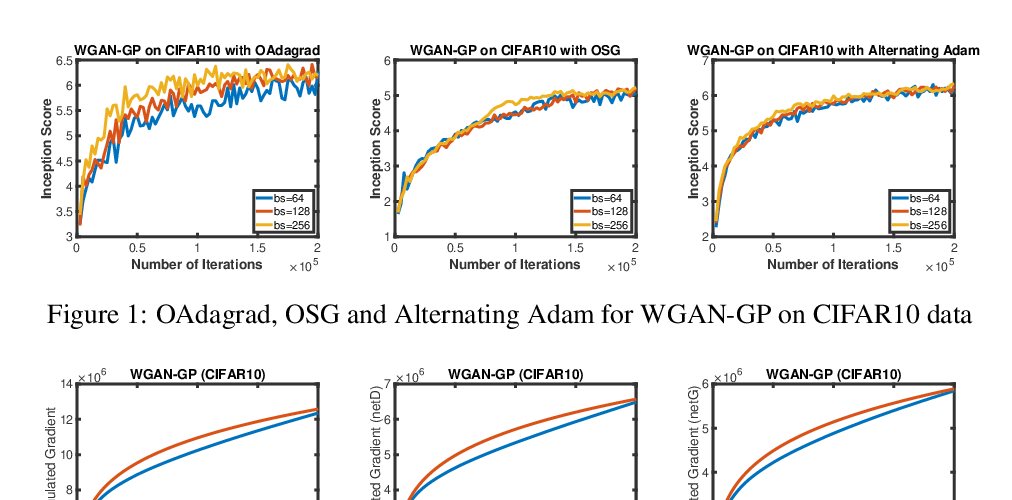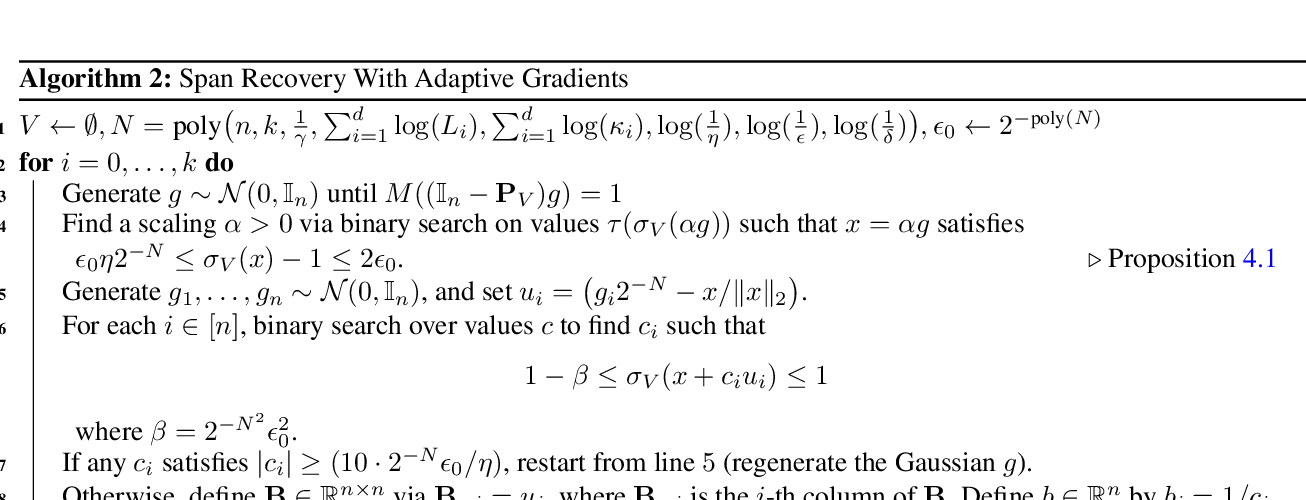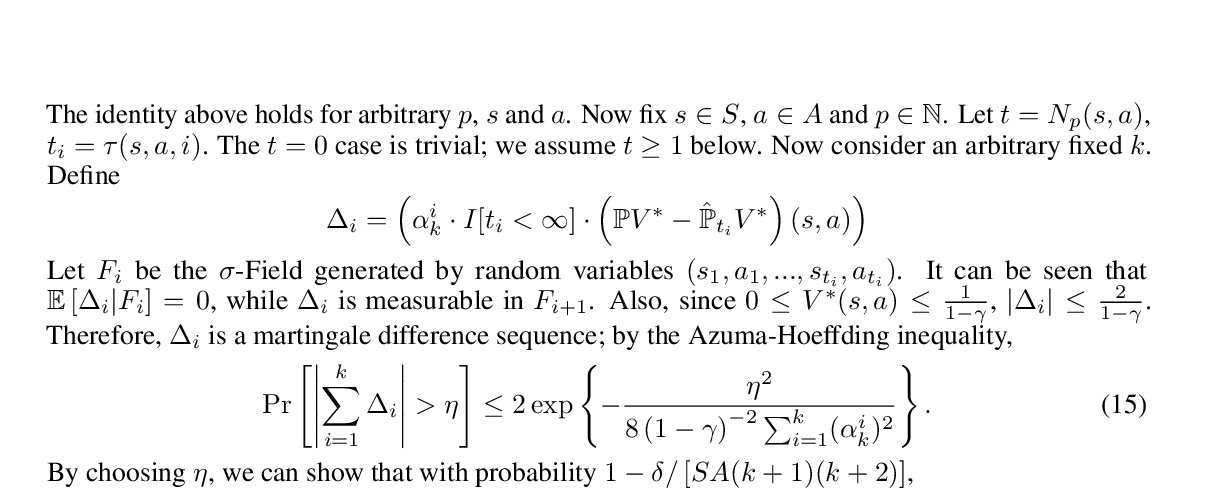Abstract:
Recent theoretical work has guaranteed that overparameterized networks trained by gradient descent achieve arbitrarily low training error, and sometimes even low test error.
The required width, however, is always polynomial in at least one of the sample size $n$, the (inverse) target error $1/\epsilon$, and the (inverse) failure probability $1/\delta$.
This work shows that $\widetilde{\Theta}(1/\epsilon)$ iterations of gradient descent with $\widetilde{\Omega}(1/\epsilon^2)$ training examples on two-layer ReLU networks of any width exceeding $\textrm{polylog}(n,1/\epsilon,1/\delta)$ suffice to achieve a test misclassification error of $\epsilon$.
We also prove that stochastic gradient descent can achieve $\epsilon$ test error with polylogarithmic width and $\widetilde{\Theta}(1/\epsilon)$ samples.
The analysis relies upon the separation margin of the limiting kernel, which is guaranteed positive, can distinguish between true labels and random labels, and can give a tight sample-complexity analysis in the infinite-width setting.



